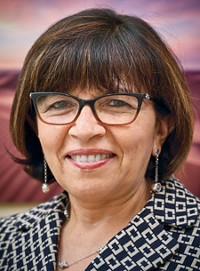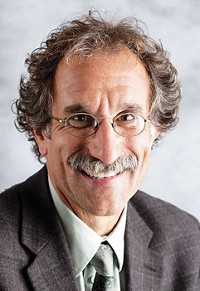Advertisement
Grab your lab coat. Let's get started
Welcome!
Welcome!
Create an account below to get 6 C&EN articles per month, receive newsletters and more - all free.
It seems this is your first time logging in online. Please enter the following information to continue.
As an ACS member you automatically get access to this site. All we need is few more details to create your reading experience.
Not you? Sign in with a different account.
Not you? Sign in with a different account.
ERROR 1
ERROR 1
ERROR 2
ERROR 2
ERROR 2
ERROR 2
ERROR 2
Password and Confirm password must match.
If you have an ACS member number, please enter it here so we can link this account to your membership. (optional)
ERROR 2
ACS values your privacy. By submitting your information, you are gaining access to C&EN and subscribing to our weekly newsletter. We use the information you provide to make your reading experience better, and we will never sell your data to third party members.
Careers
ACS Postdoc Summit At Clemson
by Mary Kirchhoff
November 10, 2008
| A version of this story appeared in
Volume 86, Issue 45

CLEMSON UNIVERSITY hosted ACS's first workshop for postdoctoral scholars planning an academic career in chemistry; it was held on Oct. 2–5. The workshop engaged 31 postdocs and eight facilitators and was funded by the Alfred P. Sloan Foundation.
The workshop was designed to familiarize future faculty members with a variety of interactive teaching models; provide resources that facilitate the incorporation of interactive pedagogies; create a network of early-career faculty; and present strategies for balancing research, teaching, and service expectations with life outside academia.
The postdocs participated in extensive discussions focused on the academic job search, including potential interview questions, teaching and research statements, and the application process. The importance of institutional fit—that is, ensuring that the candidate's interests and expectations match those of the institution—was emphasized. Breakout sessions addressed faculty expectations at research institutions and primarily undergraduate institutions.
Participants also received an introduction to three different pedagogies of engagement: Student-Centered Active Learning Environment for Undergraduate Programs (SCALE-UP), Process-Oriented Guided Inquiry Learning (POGIL), and problem solving. A session on scientific teaching explored the misconceptions that many students bring to the chemistry classroom and the need to address those misconceptions to promote understanding.





Join the conversation
Contact the reporter
Submit a Letter to the Editor for publication
Engage with us on Twitter